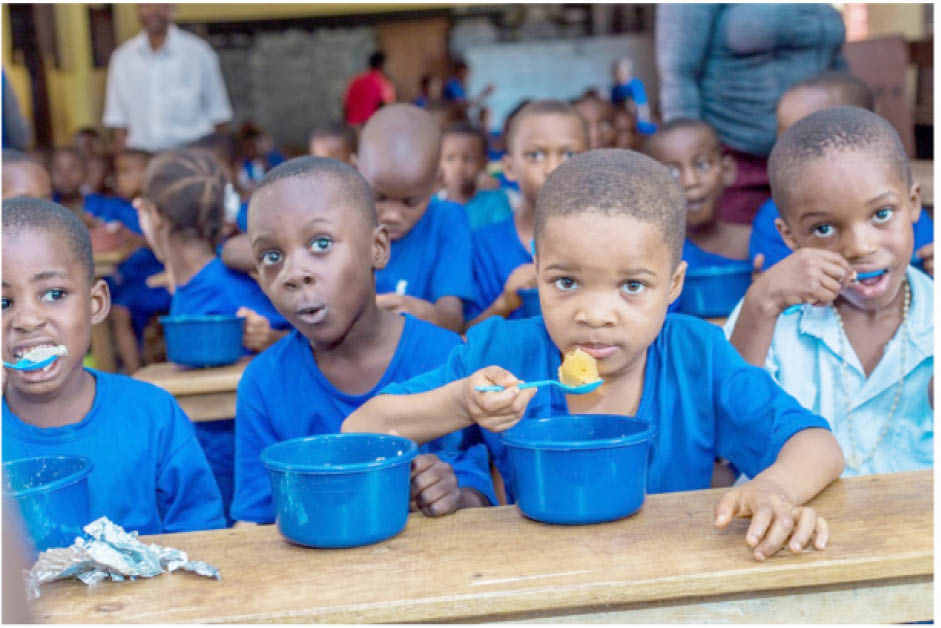World Bank, United Nations International Children’s Emergency Fund (UNICEF) and other development partners have made commitments to support Nigeria’s school feeding programme.
This follows the federal government’s decision to embark on public-private partnership to enhance investments in feeding of school children in the country.
Speaking during a school feeding stakeholders strategic meeting with the theme, ‘public-private partnerships and innovative financing to enhance investments in school feeding in Nigeria’ in Abuja on Wednesday, the representative of the World Bank, Dr Tunde Adekola, said the bank would support the initiative.
He said, “The World Bank is working with other development partners to continue to leverage, to support this programme. We are willing to support the government of Nigeria to be able to achieve this objective.
Corps member dies at Adamawa viewing centre during Nigeria/South Africa match
‘It reeks of neo-colonialism’, Music stakeholders reject Africa Grammy bid
“This is very important to ensure cost-effective, sustainable and efficient school feeding programme in Nigeria. We need to share knowledge, experience of those initiatives that are already working.”
Similarly, the representative of the UNICEF, Nkeiruka Enwelum, assured Nigeria of support, stressing that it is an opportunity to take care of children in schools to ensure their health and intellectual well-being.
Earlier, the Senior Special Assistant to President Bola Ahmed Tinubu on School Feeding Programme, Dr Yetunde Adeniji, said, “These initiatives have a significant impact on the educational, nutritional, and overall development of children across the continent. However, implementing and sustaining these programmes can be quite challenging due to financial constraints and resource limitations.
“That is why this meeting is of utmost importance. We have brought together stakeholders from various sectors, including governments, private businesses, non-profit organisations, and financial institutions. It is through our collective efforts and collaboration that we can find innovative solutions to address the funding gaps, leverage investments, and ensure the sustainability and scalability of school feeding programs in Africa.
“We are here to explore the potential of Public-Private Partnerships as a viable solution. PPPs provide a unique opportunity for governments, private entities, and other stakeholders to come together, pool resources, and create sustainable funding models for school feeding programmes. By combining the strengths and expertise of different sectors, we can achieve far greater impact and change lives for the better.”

 Join Daily Trust WhatsApp Community For Quick Access To News and Happenings Around You.
Join Daily Trust WhatsApp Community For Quick Access To News and Happenings Around You.

